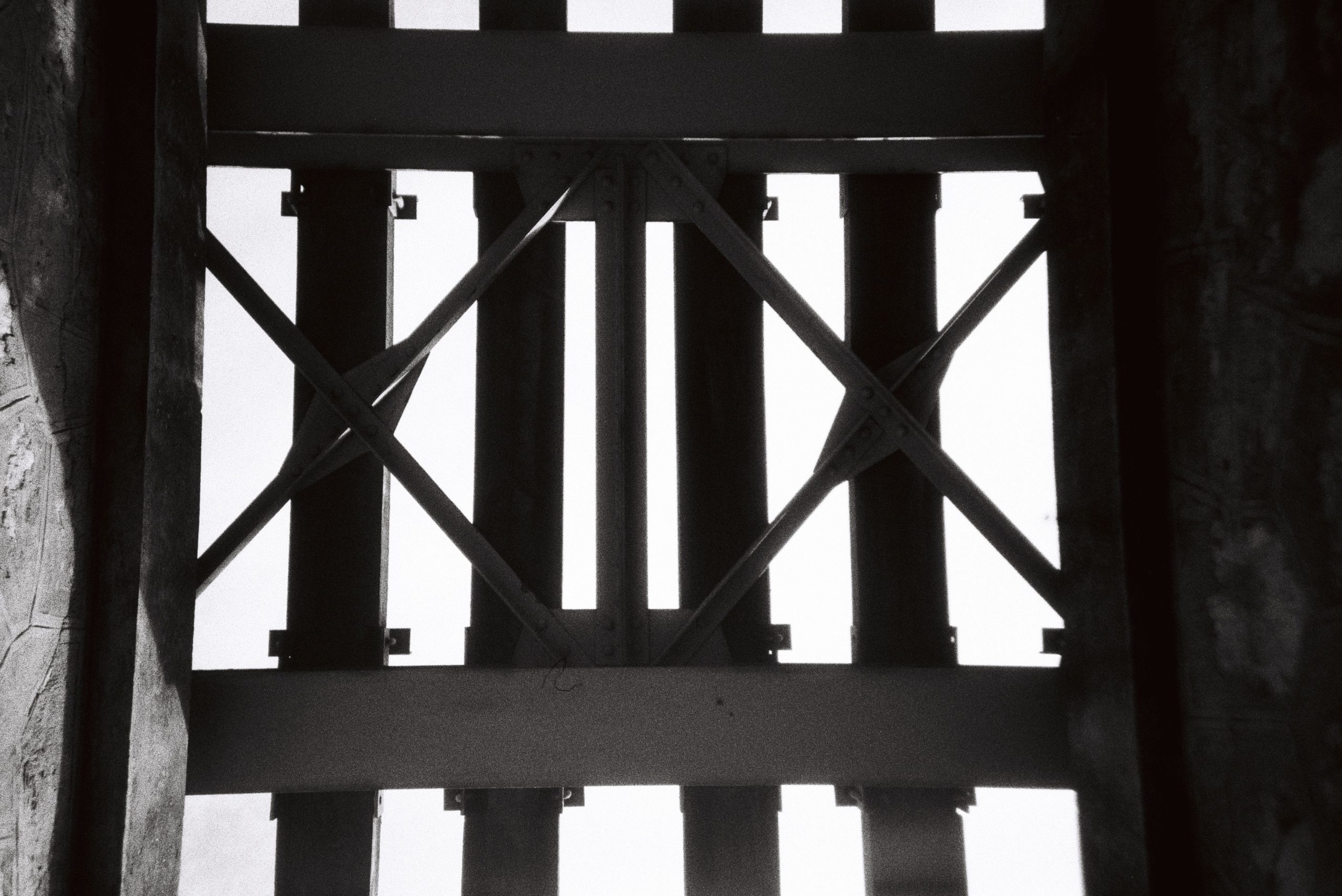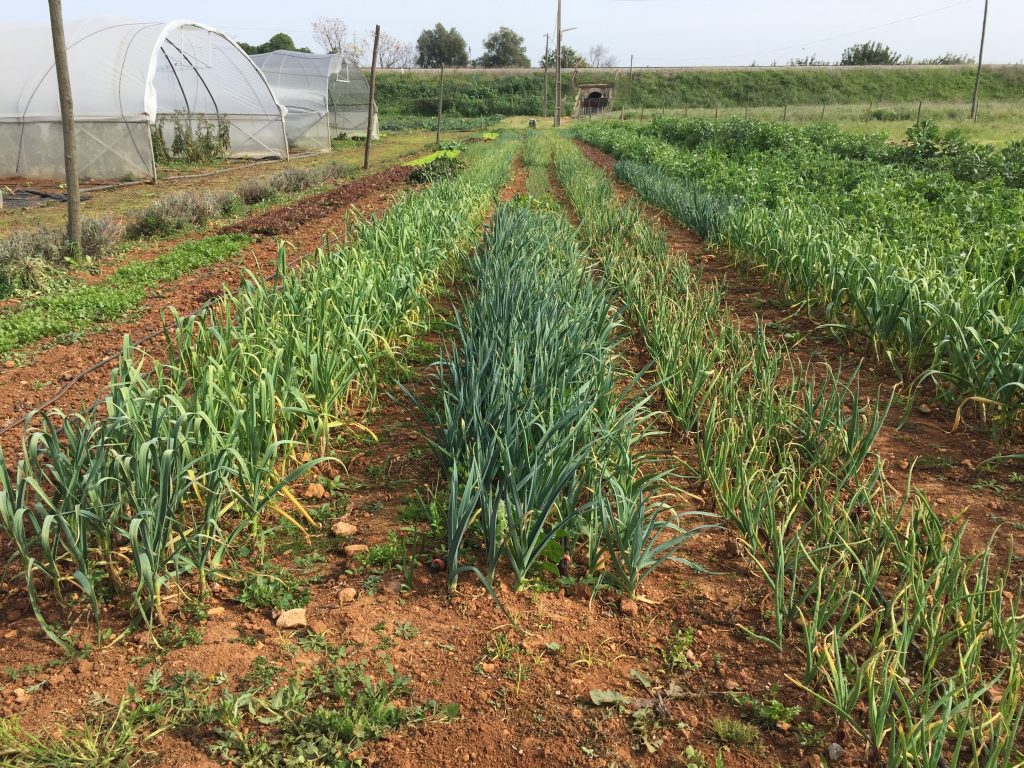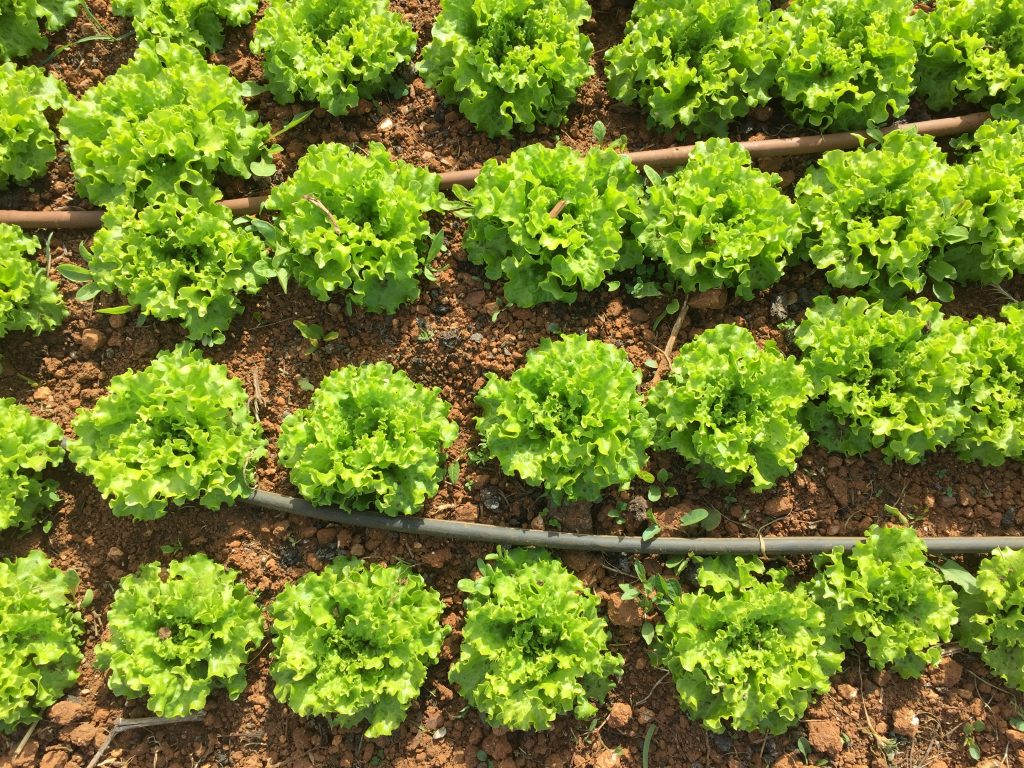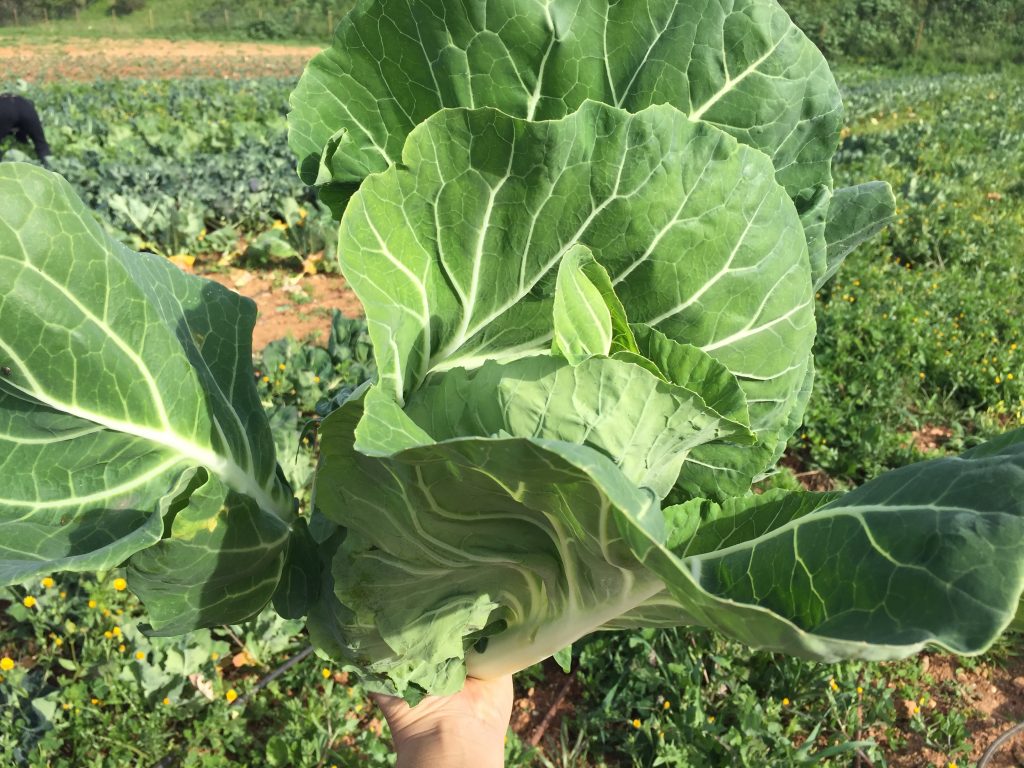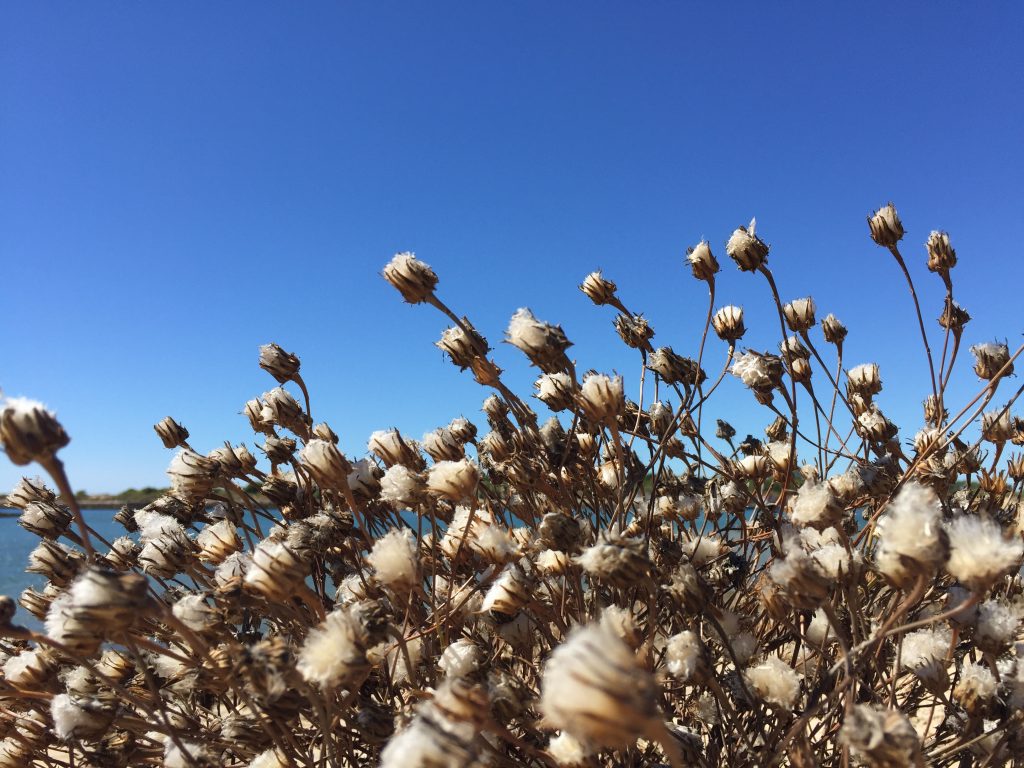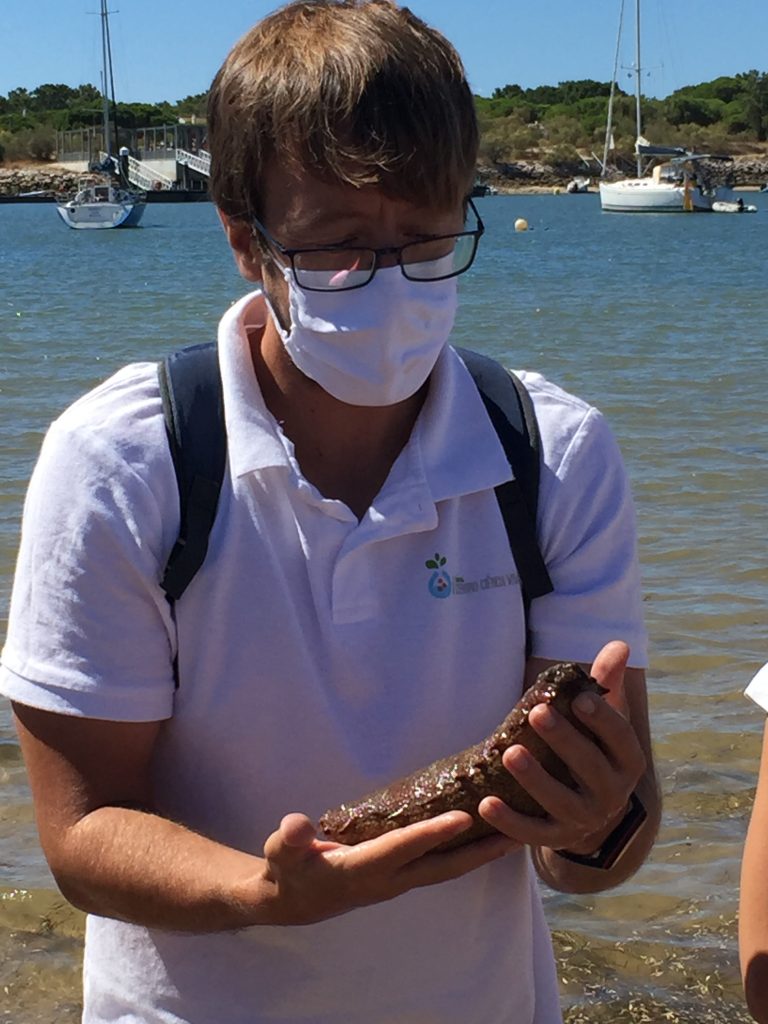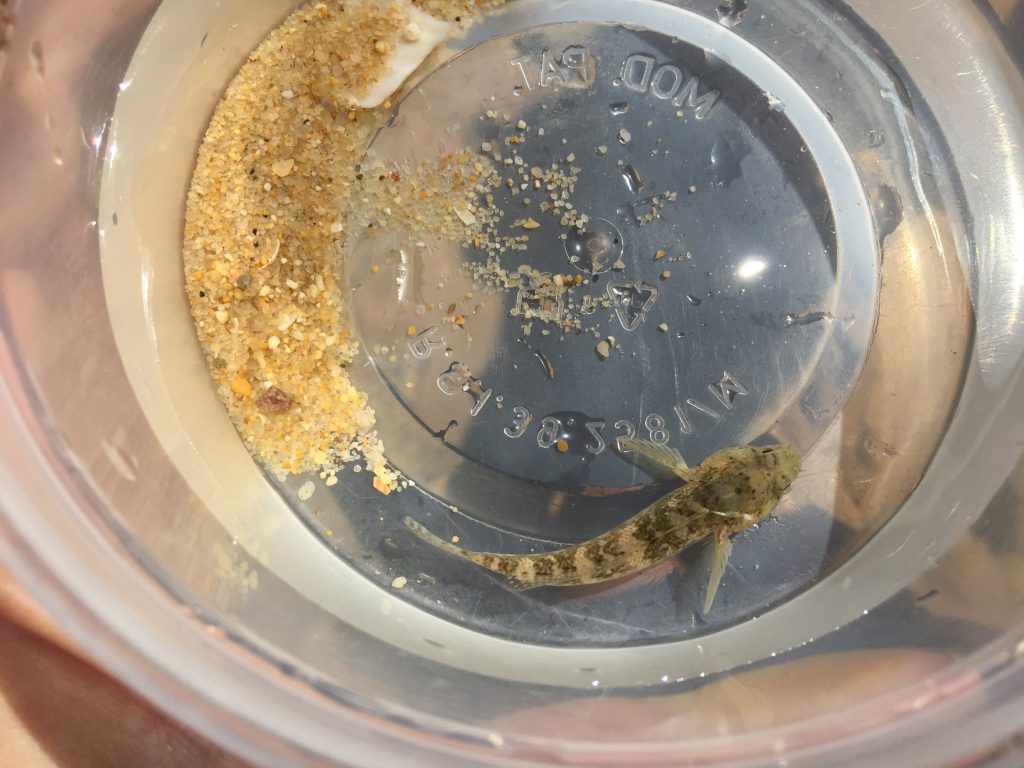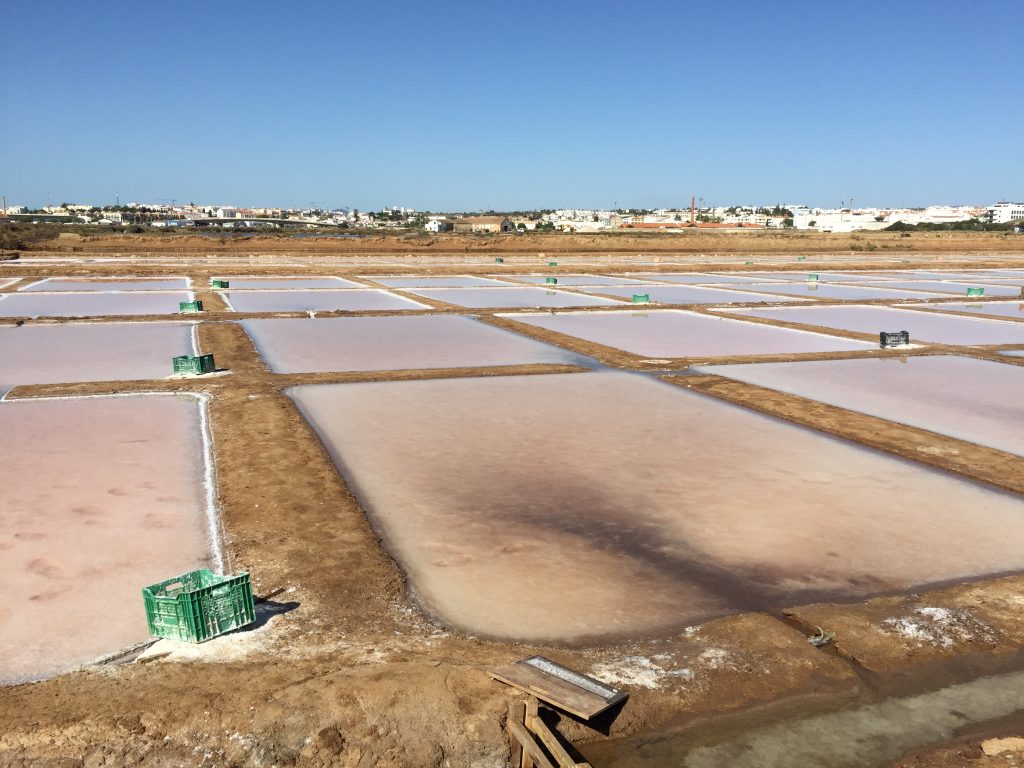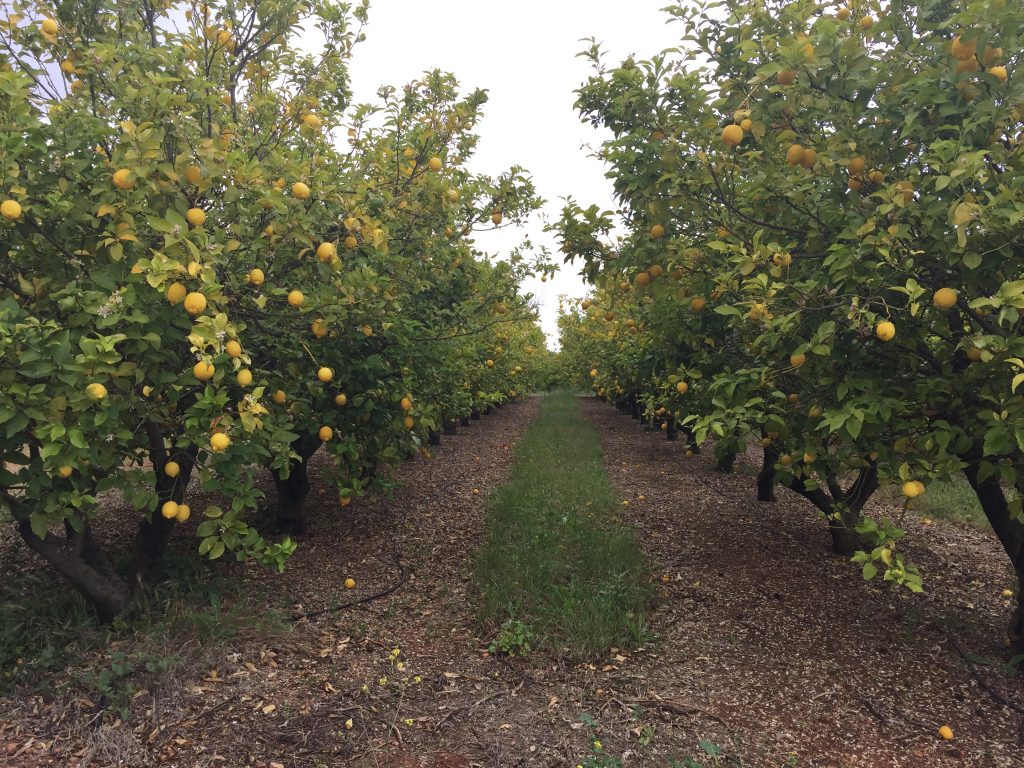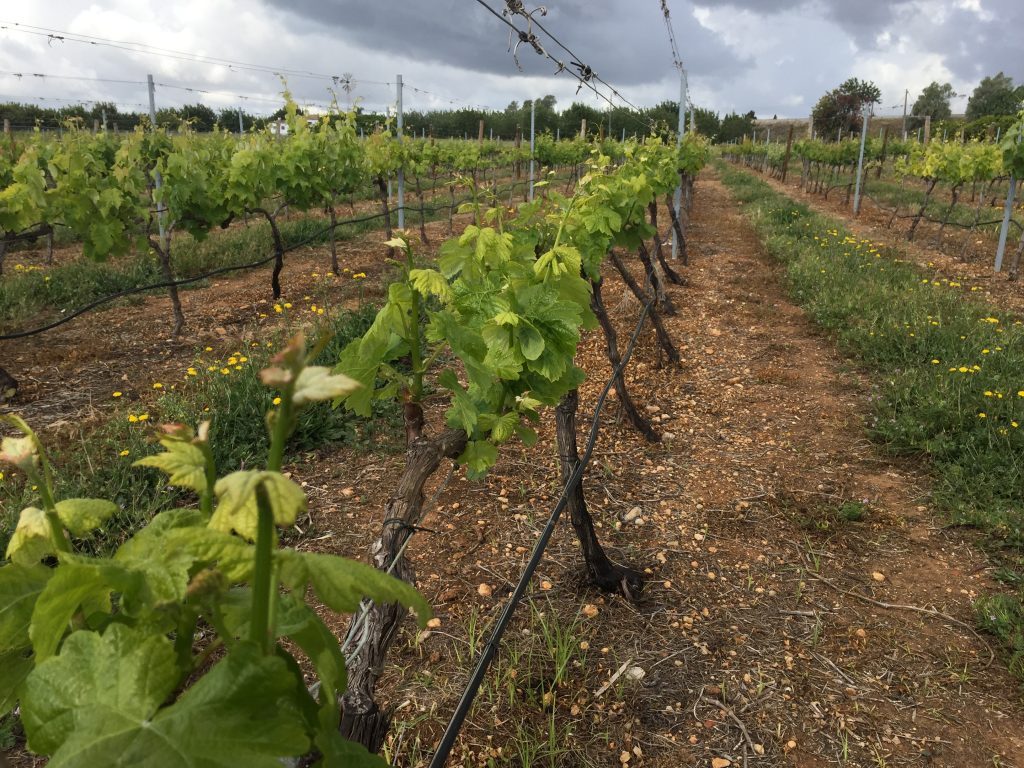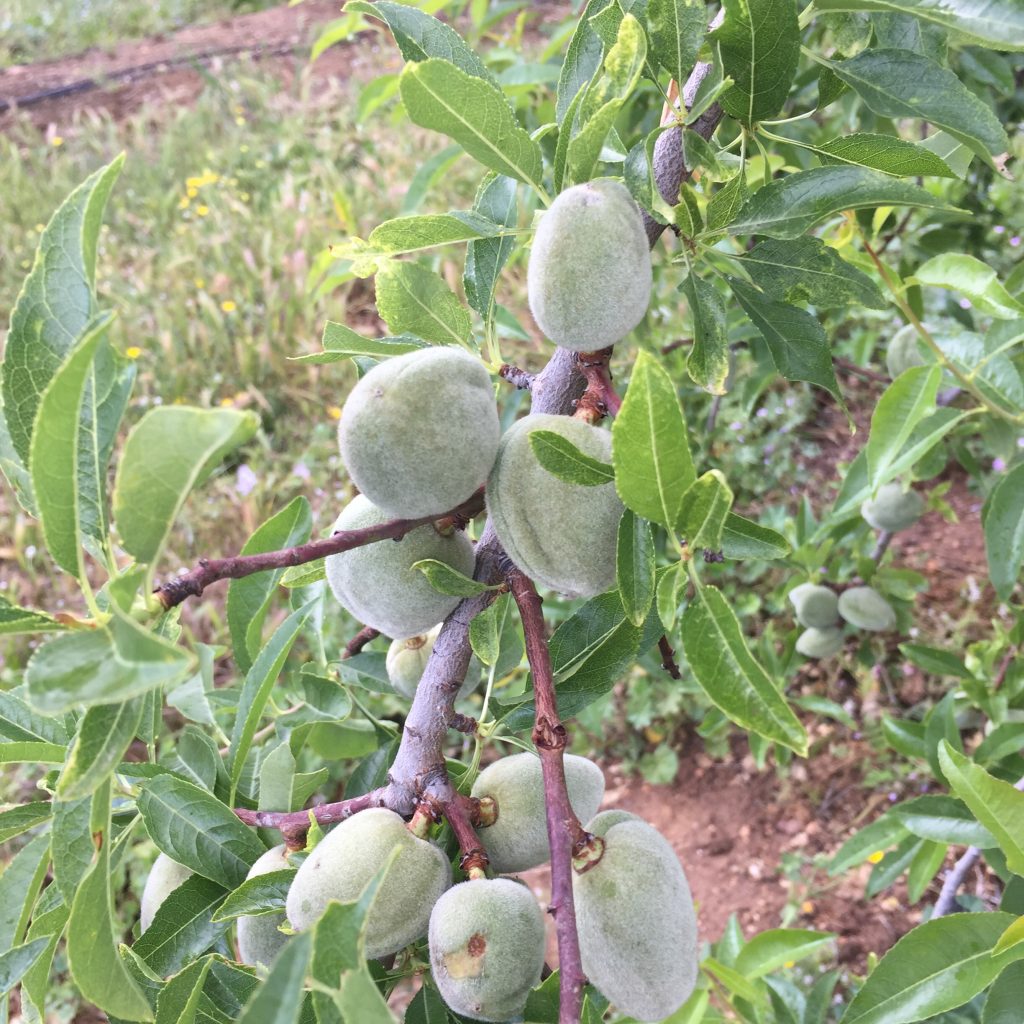underneath the train tracks.
Tag: tavira
tavira is one of the representative communities of the mediterranean diet, and so the town organizes events throughout the year to showcase different aspects of the diet focused on the local knowledge and practices. on one of these events some years ago, we got to discover maria flaminga‘s farm, and it was one of the best things that happened that year.
the owner isabel is from the north of the country, but she took a piece of land in the edge of tavira and transformed it into a bio farm. a collection of avocado trees had been growing there for years already, and slowly, the rest of the land transformed into a fertile corner. everyday, there’s fresh produce being picked and roaming chickens that you can feed your food scraps to.
we drive there once a week and fill our basket with veggies and fruit without any packaging or pesticides, piling the kitchen with avocados in winter and looking forward to the arrival of figs in summer.
like the fish basket, it’s one of those things we didn’t expect when moving here but that we enjoy immensely. it feels like a privilege to have all this abundance at our doorstep, and we especially cherished it last year as it allowed us to get most of our food without setting foot inside a supermarket. hurray for local producers! :)
science walkabouts
feels like summer has passed in the blink of an eye in this atypical year. the wariness of leaving the house from early spring slowly faded and made us look for safe outdoor activities. when we noticed the local science center was organizing a few themed walks around town for people to learn more about the environment, we eagerly joined a few.
the one about intertidal biodiversity was one of our favorites, because it was brilliant to see things from a biologist’s perspective — we spotted and learned about sea cucumbers, small fishes, crabs, molluscs and other plants and animals that live in the tide pools.
there were other walks, about the salt making process, the microplastics in the sand, the geometry in tavira’s façades and one about the fishes from our coast. some were more interesting than others, but we’ve learned a bit more about tavira in each of them. i really appreciated the time the center put into these, and hope they’ll continue for many years!
analogue wednesday #216
the fruit tree collection
so tavira has an “experimental agrarian center” (CEAT), which is a very low-key place with an important mission: it helps local farmers get started and learn more about all kinds of things related with agriculture. like many places in algarve, tavira is a town that lives mostly off tourism, but the more you move away from the coast and into hills, the more you see a kind of dryland subsistence farming that is hard but so important to people’s lives in these villages.
so as part of its mission, the center started a gigantic project to research and collect specimens from the local varieties of fruit trees, which they maintain in a specific area — a seed bank of sorts, but with actual living trees. in the last decade, they have collected hundreds of cultivars of citrus trees (the main crop around here), as well as carob, almond or figs, but also things that you might not expect like specific southern portuguese grapevines, loquats, pomegranate or “pêro de monchique”. researching these species in the region involved talking to a lot of farmers and then doing genetic analysis to identify the differences between certain plants, to make sure they are actually unique cultivars (and not just the same tree with a different name).
so after specimens are collected, they’re brought to tavira where they are further studied and serve as a reference for the future, in case something happens or someone is interested in the local species of these trees. want to know which plants are best for your land, or how much production you can expect from a certain cultivar? they can tell you! want to produce a special wine that is labeled as being from algarve’s region? you’ll need to make sure you’re using the right grapes… guess who you can ask about that?
walking the grounds and looking at all these trees in their neat rows, you get the sense that this is not only an invaluable genetic repository for the future, but also a huge work of love, spread out over many square meters. unlike a static museum collection, this one is alive and needs constant care and attention if it is to fulfill its purpose, and i’m really glad for the humans doing this work.

